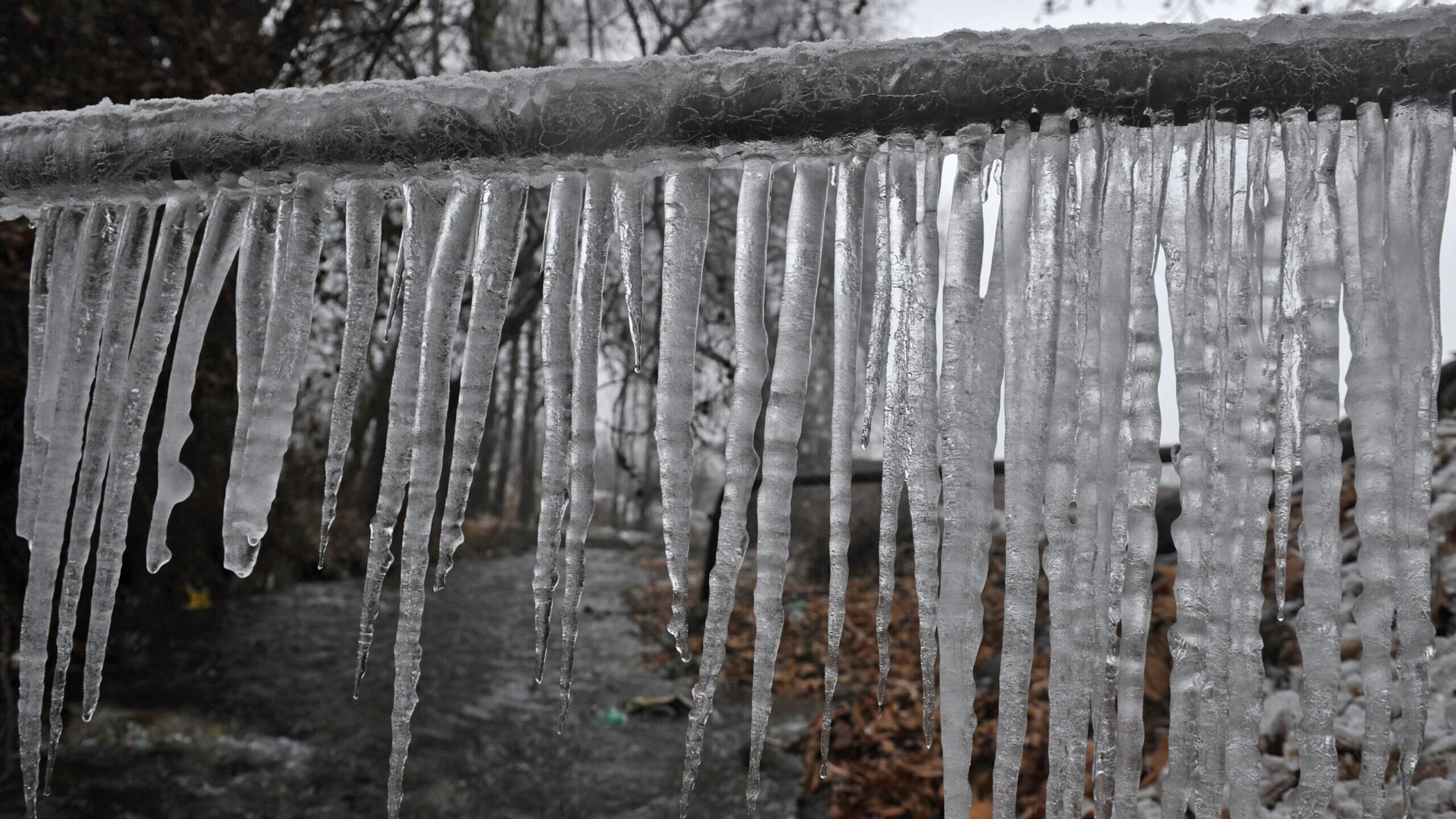The author is making a number of good annotation on the subject of How To Avoid Freezing Pipes as a whole in the article followed below.

Cold weather can damage your plumbing, especially by freezing pipes. Right here's exactly how to prevent it from happening and what to do if it does.
Introduction
As temperatures decline, the danger of frozen pipes increases, possibly causing expensive repair work and water damages. Comprehending how to stop frozen pipelines is vital for homeowners in cool environments.
Recognizing Frozen Pipes
What causes pipes to freeze?
Pipelines ice up when revealed to temperature levels listed below 32 ° F (0 ° C) for expanded durations. As water inside the pipelines freezes, it expands, putting pressure on the pipeline wall surfaces and potentially causing them to burst.
Threats and problems
Icy pipelines can result in water disruptions, residential property damages, and pricey repairs. Burst pipes can flood homes and trigger substantial architectural damages.
Indicators of Frozen Piping
Recognizing icy pipelines early can stop them from breaking.
Just how to recognize icy pipes
Search for reduced water circulation from taps, uncommon smells or noises from pipes, and visible frost on revealed pipelines.
Avoidance Tips
Shielding vulnerable pipelines
Cover pipelines in insulation sleeves or use heat tape to protect them from freezing temperature levels. Concentrate on pipes in unheated or exterior areas of the home.
Home heating techniques
Maintain indoor spaces properly warmed, specifically locations with plumbing. Open closet doors to permit warm air to circulate around pipelines under sinks.
Shielding Outdoor Pipes
Yard pipes and outside faucets
Separate and drain pipes yard pipes prior to winter months. Set up frost-proof faucets or cover outside taps with protected caps.
What to Do If Your Pipes Freeze
Immediate activities to take
If you presume icy pipelines, maintain taps open up to alleviate pressure as the ice thaws. Make use of a hairdryer or towels taken in hot water to thaw pipelines slowly.
Long-Term Solutions
Structural modifications
Think about rerouting pipelines far from outside wall surfaces or unheated locations. Include added insulation to attic rooms, cellars, and crawl spaces.
Updating insulation
Purchase high-grade insulation for pipelines, attic rooms, and walls. Proper insulation helps maintain regular temperature levels and minimizes the danger of frozen pipelines.
Verdict
Protecting against frozen pipes calls for positive steps and fast actions. By comprehending the reasons, indicators, and preventive measures, homeowners can shield their plumbing throughout cold weather.
Helpful Tips to Prevent Frozen Pipes this Winter
UNDERSTANDING THE BASICS: WHY PIPES FREEZE AND WHY IT’S A PROBLEM
Water freezing inside pipes is common during the winter months, but understanding why pipes freeze, and the potential problems it can cause is crucial in preventing such incidents. This section will delve into the basics of why pipes freeze and the associated problems that may arise.
THE SCIENCE BEHIND FROZEN PIPES
When water reaches freezing temperatures, it undergoes a physical transformation and solidifies into ice. This expansion of water as it freezes is the primary reason pipes can burst. As the water inside the pipe freezes, it expands, creating immense pressure on the walls. If the pressure becomes too great, the pipe can crack or rupture, leading to leaks and water damage.
FACTORS THAT CONTRIBUTE TO PIPE FREEZING
Low Temperatures: Extremely cold weather, especially below freezing, increases the risk of pipes freezing. Uninsulated or Poorly Insulated Pipes: Pipes located in unheated areas, such as basements, crawl spaces, or attics, are more prone to freezing. Insufficient insulation or lack of insulation altogether exacerbates the problem. Exterior Wall Exposure: Pipes running along exterior walls are susceptible to freezing as they encounter colder temperatures outside. Lack of Heating or Temperature Regulation: Inadequate heating or inconsistent temperature control in your home can contribute to frozen pipes. PROBLEMS CAUSED BY FROZEN PIPES
- Pipe Bursting: As mentioned earlier, the expansion of water as it freezes can cause pipes to burst, resulting in significant water damage.
- Water Damage: When pipes burst, it can lead to flooding and water damage to your property, including walls, ceilings, flooring, and personal belongings.
- Structural Damage: Prolonged exposure to water from burst pipes can compromise the structural integrity of your home, leading to costly repairs.
- Mold and Mildew Growth: Excess moisture from water damage can create a favorable environment for mold and mildew growth, posing health risks to occupants.
- Disrupted Water Supply: Frozen pipes can also result in a complete or partial loss of water supply until the issue is resolved.
WHY CERTAIN PIPES ARE MORE PRONE TO FREEZING
- Location: Pipes located in unheated or poorly insulated areas, such as basements, crawl spaces, attics, or exterior walls, are at higher risk of freezing.
- Exterior Pipes: Outdoor pipes, such as those used for irrigation or exposed plumbing, are particularly vulnerable to freezing as they are directly exposed to the elements.
- Supply Lines: Pipes that carry water from the main water supply into your home, including the main water line, are critical to protect as freezing in these lines can affect your entire plumbing system.
- Underground Pipes: Pipes buried underground, such as those connected to sprinkler systems or outdoor faucets, can be susceptible to freezing if not properly insulated.
https://busybusy.com/blog/helpful-tips-to-prevent-frozen-pipes-this-winter/

I recently found that write up about Winter Plumbing Precautions: Preventing Frozen Pipes when doing research the internet. If you please take the opportunity to share this blog if you appreciated it. We value reading our article about Prevent Frozen Pipes .
Click Here